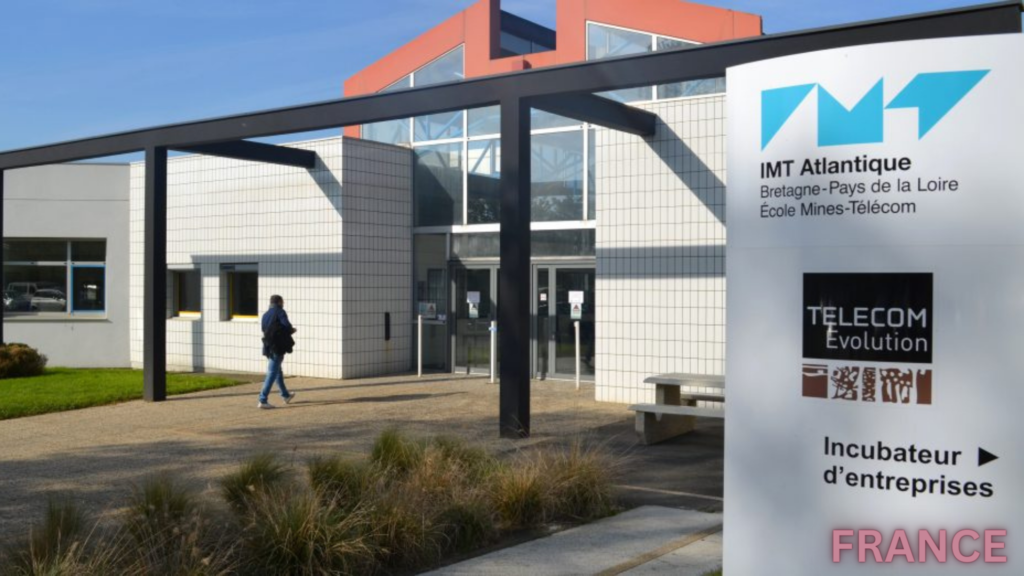

Introduction: Biomedical Engineering is a rapidly evolving field that combines engineering principles with medical sciences to develop innovative solutions for improving healthcare outcomes. At IMT Atlantique in France, the Biomedical Engineering program offers students a unique opportunity to delve into this multidisciplinary field and contribute to advancements in medical technology, patient care, and quality of life. With a focus on cutting-edge research, hands-on practical experiences, and collaboration with healthcare professionals, students are equipped with the skills and knowledge to address complex challenges in the healthcare industry.
Subheading 1: Exploring the Intersection of Engineering and Medicine Biomedical Engineering Curriculum and Research
In this section, discuss the comprehensive curriculum offered in the Biomedical Engineering program at IMT Atlantique. Highlight courses such as Medical Instrumentation, Biomechanics, Bioinformatics, Rehabilitation Engineering, and Medical Imaging. Emphasize the hands-on nature of the program, with opportunities for practical projects, internships, and research collaborations.
Subheading 2: Driving Innovations in Healthcare Technology Advancements in Medical Devices and Technology
In this section, discuss the role of Biomedical Engineers in developing cutting-edge medical devices and technologies. Highlight areas such as the design and development of prosthetics, implantable devices, diagnostic tools, and wearable sensors. Discuss the impact of emerging technologies like artificial intelligence, machine learning, and virtual reality on healthcare innovation.
Subheading 3: Enhancing Patient Care and Rehabilitation Biomedical Engineering in Rehabilitation and Assistive Technology
In this section, discuss the application of Biomedical Engineering principles in rehabilitation and assistive technology. Highlight the development of innovative solutions for individuals with disabilities, such as exoskeletons, robotic prosthetics, and assistive devices. Discuss the role of Biomedical Engineers in improving mobility, accessibility, and quality of life for patients.
Subheading 4: Advancing Medical Imaging and Diagnostics Biomedical Engineering in Medical Imaging and Diagnostics
In this section, discuss the crucial role of Biomedical Engineering in the field of medical imaging and diagnostics. Highlight advancements in imaging techniques such as MRI, CT scans, ultrasound, and PET scans. Discuss the development of image processing algorithms, data analysis, and the integration of imaging technologies with clinical practice.
Conclusion: Biomedical Engineering at IMT Atlantique offers a stimulating and rewarding educational experience for aspiring engineers passionate about healthcare and technology. Through a rigorous curriculum, hands-on projects, and access to state-of-the-art facilities, students gain the necessary skills to drive innovation in the healthcare industry. By combining engineering expertise with medical sciences, Biomedical Engineers play a vital role in improving patient care, developing life-saving technologies, and shaping the future of healthcare.
